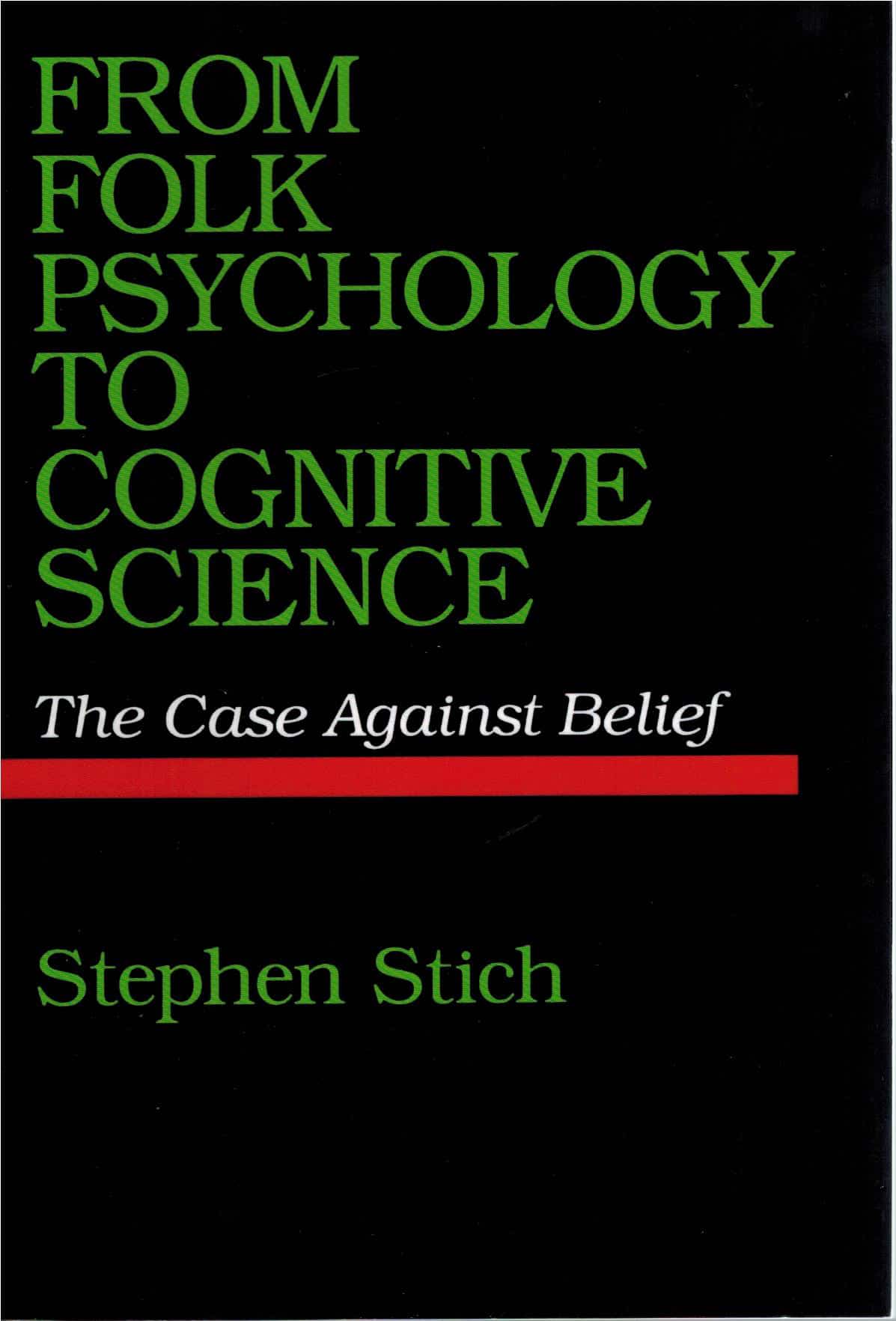Descrição
The semantic content of mental states, especially of beliefs, thoughts, and desires, has been at the center of a rich measure of philosophical research.
Recently interest has been heightened by the possibility that cognitive science will systematise and build upon folk psychological generalisations concerning beliefs, desires, and so forth.
At times the philosophical literature on these topics has seemed confusing and obscure, full of bogs, shadows and curved mirrors. The exact nature of the lessons to be drawn from celebrated examples has remained frustratingly evanescent, and while intuitions about what content to ascribe under various conditions are ever available, they are strikingly nonuniform and unsystematic. By contras, reading Stick’s book is like finding the right adjustment on a microscope lens – objects come into focus, boundaries become clear, the salient is discernible from the trivial, and there is a principled coherence to the entire picture.
I see this book as a turning point in research on content and its proper role in psychological theory . . .
CONTENT
Acknowledgments
Chapter 1
Two cultures and the promise of cognitive science
Part 1
Folk psychology
Chapter 2
The theory-theory
1. From Descartes to David Lewis
2. Belief and the theory-theory: some problems
Chapter 3
Beliefs as mental sentences
1. Protoscience and conceptual analysis
2. Some features of the concept of belief
3. Sentences in the head
4. Explaining the facts about belief
5. The language of thought
6. Sentence type and mental token
Chapter 4
Some evidence against narrow causal accounts of belief
1. Holism
2. Reference
3. Irrelevant causal differences
Chapter 5
A content theory of belief
1. Content mental sentence theories
2. Elaborations and revisions
3. Testing the theory against the facts
4. Absurd beliefs
5. Animal beliefs
6. Some conclusions
Chapter 6
De Dicto and de Re: the myth of ambiguity
1. The argument for ambiguity
2. Indefinite descriptions
3. Belief sentences without systematic ambiguity
Part II
Cognitive science and the concept of belief
Chapter 7
The strong representational theory of the mind
1. Cognitive generalizations couched in terms of content
2. Some reasons to be suspicious about the strong RTM
3. Problems posed by ideological similarity
4. Problems posed by reference similarity
5. Problems posed by causal-pattern similarity
Chapter 8
The syntactic theory of the mind
1. The STM vision of cognitive theories
2. The advantages of STM theories
3. Methodological solipsism and the autonomy principle
4. Do STM theories miss important generalizations?
Chapter 9
The weak representational theory of the mind
1. Syntactic generalizations and semantically interpreted stakes
2. Interpreting fodor and interpreting the weak RTM
3. The argument from cognitive psychology
4. Interpreting internal states to explain interpreted behaviour
5. The arguments from reliability and limited knowledge
6. The case against the weak RTM
Chapter 10
Will the concepts of folk psychology find a place in cognitive science?
1. Folk psychology is a degenerating research program
2. The infralinguistic catastrophe
3. The multiplicity of mental states
Chapter 11
The future of folk psychology
1. A modified panglossian prospect
2. Could it turn out that there are no such things as beliefs?
3. The instrumentalist view of folk psychology
Notes
References
Index

